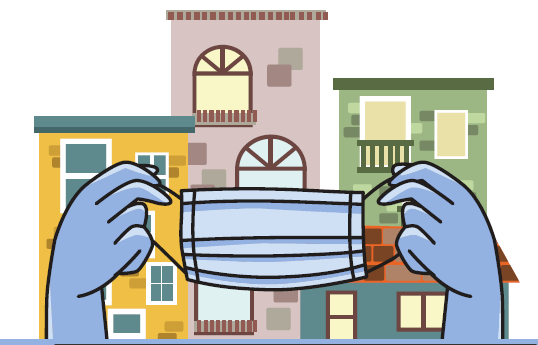How COVID-19 has exacerbated the opioid epidemic and its impacts on Boston neighborhoods

For two weeks in a row, South End and Roxbury residents have taken to the streets to demand elected officials take action to address impacts to their neighborhoods from the opioid epidemic.
Dozens of demonstrators took over the intersection of Mass. Ave. and Washington Street on Sept. 3 to draw attention to issues the neighborhoods face related to the epidemic, including open drug use on the sidewalks, improperly discarded needles, and human feces on public and private property. Neighbors argue the conditions are unsafe and inhumane for people who are struggling with addiction and homelessness, adding suffering and hardship as they seek help in a location where services are still available during the pandemic.
Residents gathered again on Sep. 10 to demand city and state officials take action. The group of neighbors, calling itself the South End – Roxbury Community Partnership, has started a petition listing short- and long-term actions and commitments they want to see in order to create a “comfortable community for all.”
The impacts related to substance use and homelessness in the area known as “Methadone Mile,” the stretch of city blocks surrounding Mass. Ave. and Melnea Cass Boulevard where shelters and services offer support to those struggling with substance use disorders, are not new.
But both neighborhood residents and city officials say there is no question that the coronavirus pandemic has exacerbated the already raging epidemic.
Click HERE to read more.
